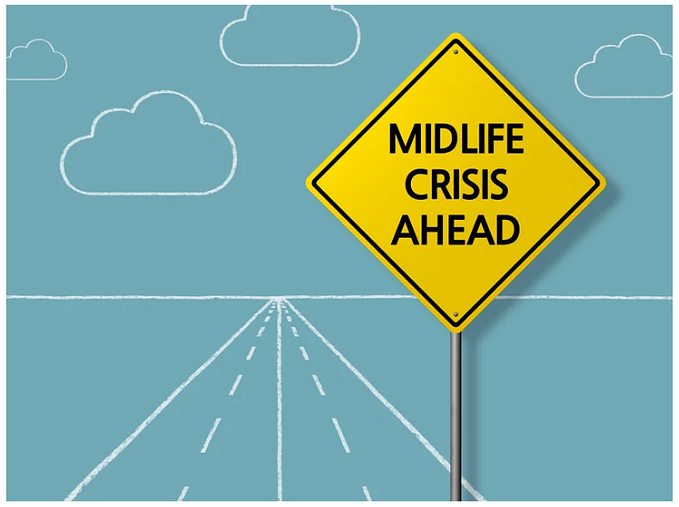
Member-only story
Shocking the Brain to Treat the Stomach
A new clinical trial will zap the brain’s reward center to help people who struggle with obesity and binge eating
 A mouse hangs out in a cage, oblivious to the wire sticking out of its head and recording its brain activity. The mouse strolls around before making its way to the corner where a food pellet — full of fat and extra delicious — lies. The mouse takes a bite and then keeps eating and eating and eating. A graph measuring the mouse’s brain activity goes crazy, spiking upward again and again and again.
A mouse hangs out in a cage, oblivious to the wire sticking out of its head and recording its brain activity. The mouse strolls around before making its way to the corner where a food pellet — full of fat and extra delicious — lies. The mouse takes a bite and then keeps eating and eating and eating. A graph measuring the mouse’s brain activity goes crazy, spiking upward again and again and again.
Another mouse with an identical wire is in an identical cage with an identical food pellet. When it walks over to the pellet, there is a similar jump in its brain activity. But before the mouse can tuck into the food, a tiny electric shock passes through the wire into the mouse’s brain. The mouse turns around and walks away. Every time the mouse moves toward the pellet, its brain activity peaks, the electrical stimulation starts, and the mouse changes its mind and reverses course.

These mice are trained to binge eat by scientists who expose them to high-fat food and then take it away. Eventually, the mice learn that the tastier chow is available only in a narrow time frame, so they load up on it while they can, consuming as much as 100% of their daily calories in just one hour. In 2017, researchers at Stanford University School of Medicine decoded the unique pattern of brain activity that predicts when the mice are about to gorge themselves. They also showed that delivering a minor electric jolt in response to that neural activity snaps the mice out of it, stopping the binge before it starts.
“When we stimulate this area in the mouse, we block binge-like behavior by at least 75%, ” says Casey Halpern, MD, an assistant professor of neurosurgery and director of epilepsy surgery at Stanford, who led the research.
Halpern is now launching a clinical trial to test this same procedure in people who are obese and experience what’s called “loss-of-control eating,” which he defines as regularly eating in the context of…










